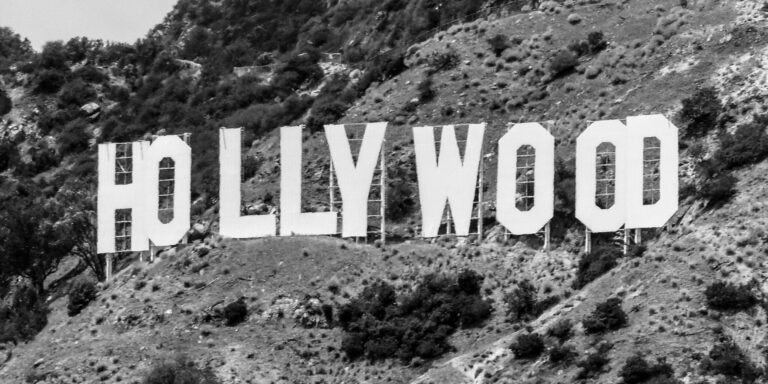In a landmark resolution that could reshape the entertainment industry, Hollywood’s film and video game composers have concluded a four-month strike with a groundbreaking agreement. Announced on January 23, 2025, the deal introduces streaming royalties and establishes protections against artificial intelligence (AI) encroachment, setting a precedent for creative professionals worldwide.
Hans Zimmer, the acclaimed composer behind scores for films like Inception and Dune, lauded the agreement as “a pivotal moment for our industry,” emphasizing its significance in safeguarding the rights and livelihoods of composers in the digital age.
A New Era for Composers
The strike, which began in September 2024, stemmed from growing frustration among composers who felt increasingly marginalized by the shift toward digital streaming and AI-generated music. For decades, composers have worked behind the scenes to shape the emotional tone of movies and video games, often without the residual payments that actors and writers receive.
The newly ratified agreement represents a turning point. It not only acknowledges the value of composers’ contributions but also adapts to the realities of modern media consumption and technological advancements.
Key Provisions of the Agreement
- Streaming Royalties: For the first time, composers will receive residual payments when their work is streamed on major platforms. This change addresses a longstanding disparity in the industry.
- AI Safeguards: Studios and game developers must now obtain explicit consent before using a composer’s music or style to train AI models. Any AI-generated work resembling a composer’s signature must be approved and fairly compensated.
- Transparency Measures: Companies are required to disclose the use of AI in musical production, offering composers a chance to contest potential infringements.
Industry-Wide Implications
This agreement follows similar developments in other sectors of Hollywood, such as writing and acting. Over the past two years, there has been a growing movement to ensure that creatives are not left behind as AI tools become more prevalent.
By securing royalties and requiring transparency, the composers’ agreement reinforces a broader shift toward accountability and fairness. It also acts as a benchmark for other creative industries dealing with similar issues.
Global Impact
Although the deal was reached in Hollywood, its implications are far-reaching. Composers and musicians across the globe have been watching the negotiations closely, especially in countries where copyright protections are less robust.
Earlier in 2024, thousands of musicians in Europe staged silent protests and digital campaigns to demand better protections against AI. The resolution in Hollywood offers hope and a possible framework for similar agreements elsewhere.
Composer Community Reacts
Veteran composer John Powell hailed the agreement as “a blueprint for how creative professionals can adapt and thrive in the AI era.” He added that recognizing composers as integral contributors to media is long overdue.
Rachel Portman, a trailblazer in the industry and the first woman to win an Oscar for Best Original Score, commented that the deal sends a powerful message: “Technology should enhance human creativity, not replace it.”
Many younger composers echoed this sentiment, noting that while AI tools can be useful, they should not diminish the role of human artists. The agreement empowers them to protect their work and negotiate fair compensation.
The Road Ahead
While this agreement marks a major milestone, it is not the end of the conversation. As technology evolves, so too must the policies that govern its use. Industry leaders are already discussing ways to expand these protections and adapt them to other creative fields, including design, photography, and voice work.
For audiences, this means the continued presence of emotionally rich, authentic music in the media they enjoy. For composers, it offers a renewed sense of respect, recognition, and security.
The January 2025 agreement between Hollywood composers and entertainment studios represents a critical step toward a more equitable and transparent creative industry. As more sectors seek to address the impact of digital technology and AI, the composers’ deal stands as a compelling example of progress through unity and negotiation.


